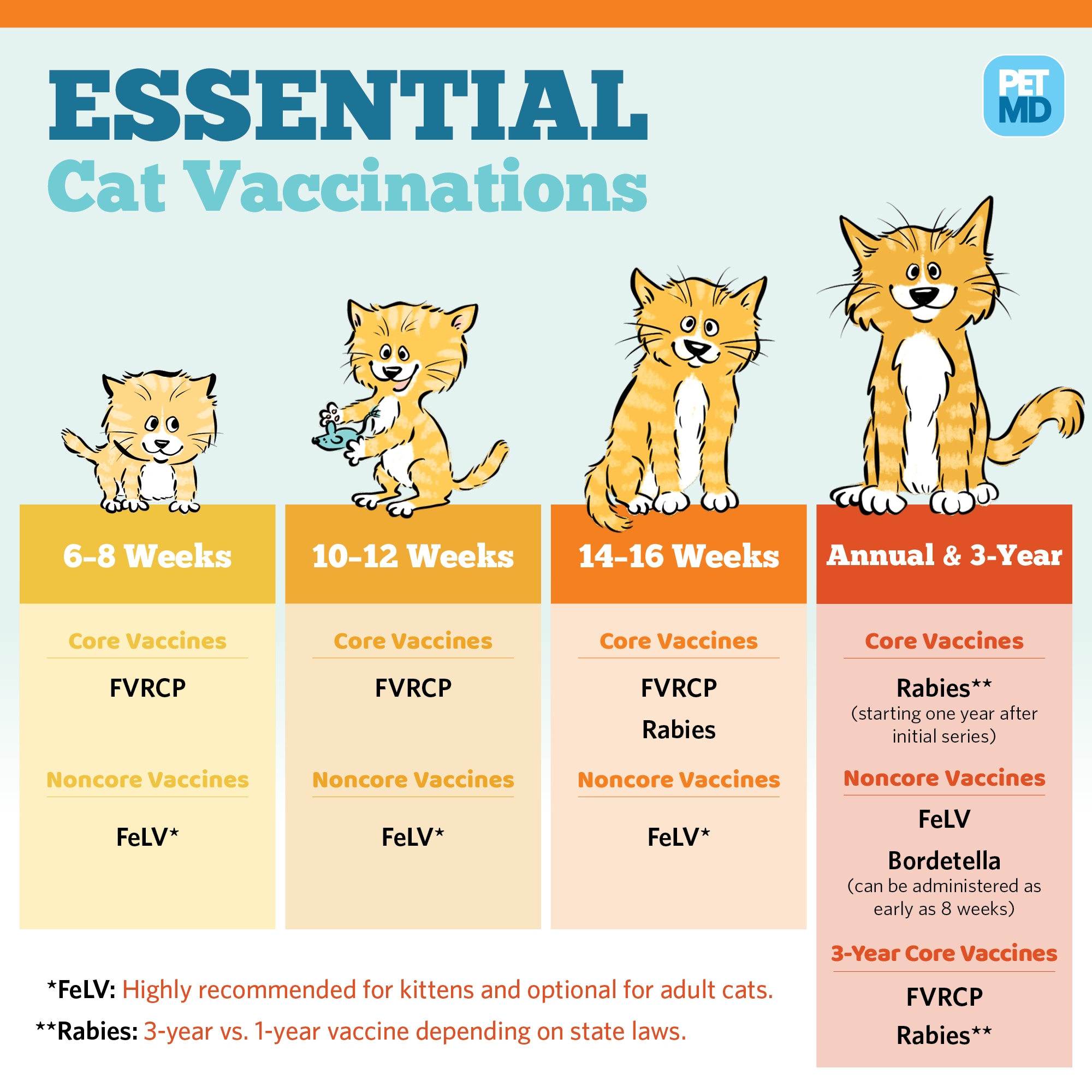The salivary glands are most important in the spread of rabies from one animal to another. Rabies Lyssavirus is an infectious disease that affects the central nervous system in mammals.
Why Isn T Rabies A Zombie Virus Quora
Because pets can get rabies from wildlife and then could spread it to humans preventing rabies in pets is also an important step in preventing human rabies cases.

How does rabies spread. Animals can spread the infection if they bite or scratch you or or in rare cases if they lick an open wound or their saliva gets into your mouth or eyes. I think if there was reason to suspect that the dog was rabid contact your GP immediately if not head to the hospital. After a bite or other rabies exposure the rabies virus has to travel through the body to the brain before it can cause symptoms.
Rabies is a preventable viral disease of mammals usually transmitted through the bite of an infected animal. Put simply its a virus that affects the nervous system and leads to disease in the brain. Rabies affects mammals and is generally transmitted via the bite or scratch of an animal carrying the.
This time between the exposure and the appearance of symptoms is called the incubation period and it may last for weeks to months. When an infected animal bites another animal the rabies virus is transmitted through the infected animals saliva. Many animals will become aggressive and bite.
From the point of entry usually a bite the rabies virus travels along nerves to the spinal cord and then to the brain where it multiplies. People usually get rabies from the bite of a rabid animal. Rabies is not spread through unbroken skin or between people.
Bites are the most common mode of Rabies transmission but the virus can be transmitted when saliva enters any open wound or mucus membrane such as the mouth nose or eye. The virus is transmitted in the saliva of an infected animal. Rabies in dogs is still common in many countries outside the United States so find out if rabies is present in dogs or wildlife at your destination before international travel.
In animals which might be prone to rabies such as raccoons foxes skunks coyotes and even cats and dogs rabies virus is present in the saliva and transmittable to other animals and humans through bites. As a result licks or scratches from rabid animals can also transmit the virus. Licks to wounds grazes broken skin or to the lining of the mouth and nose can also transmit the virus.
Once the infection is established in the brain the virus travels down the nerves from the brain and multiplies in different organs. Rabies is not transmitted through the blood urine or feces of an infected animal nor is it spread airborne through the open environment. Rabies can be transmitted by an infected animal scratching our biting a person 1.
Rabies virus travels through the nerves to the spinal cord and brain. This process can last approximately 3 to 12 weeks. While travelling in an area where rabies is a risk.
The rabies virus infects the central nervous system. Information is included on rabies basics. Rabies virus is transmitted through direct contact such as through broken skin or mucous membranes in the eyes nose or mouth with saliva or brainnervous system tissue from an infected animal.
Rabies virus from the infected saliva enters the wound. From there it travels along other nerves to the salivary glands and into the saliva. Ultimately causing disease in the brain and death.
Its transmitted through the saliva a few days before death when the animal sheds the virus. An animal is bitten by a rabid animal. How does rabies virus spread.
When it reaches the brain the virus multiplies rapidly and passes to. Why do rodents not get rabies. The rabies virus is mainly transmitted from the saliva of a rabid animal when it bites or scratches a person.


